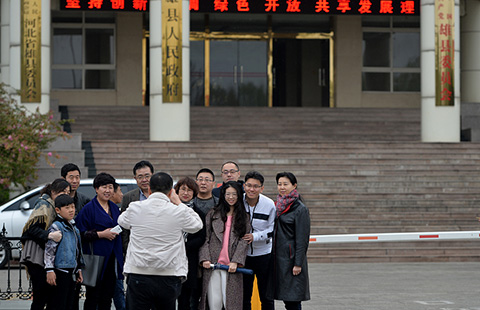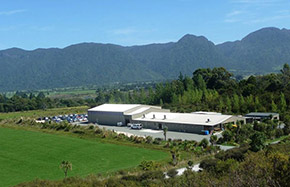Record-high Chinese grads struggle to secure jobs
BEIJING - With lower college graduate employment rates being reported in many provincial regions, job hunting has become an uphill battle as the year's graduate supply is expected to hit a record high.
The latest statistics from the Shanghai Municipal Education Commission, or SMEC, show that only 44.4 percent of the city's university graduates had signed employment contracts by May 10, down 2 percentage points year-on-year.
Meanwhile, the drop was greater for bachelors than for masters, with graduates from vocational colleges inching up 1.2 percent.
Li Ruiyang, deputy chief of the SMEC, said the peak job-hunting season normally lasts from April to June, and the final employment rate of the university graduates in Shanghai has stayed above 95 percent in the past few years.
The silver lining is that the declines have contracted with the approach of graduation day in June, Li said.
On April 10, the proportion registered a year-on-year dip of 4.07 percent. On April 25, it narrowed to 3.17 percent.
Like Shanghai, Beijing and Guangdong have both reported declines in the proportion of university students with signed job contracts.
Luo Weiqi, director of the Guangdong Provincial Education Bureau, said that local employment situations were even worse than in 2008, when the subprime mortgage crisis dealt a sudden blow to the Chinese economy.
Only 30 percent of university graduates in Guangdong had signed employment contracts by April 1, down 10 percentage points from the same period of last year.
The Beijing Human Resources and Social Security Bureau also revealed mounting employment pressure. Only 28.24 percent of university graduates in Beijing had been hired by April 19.
By June, some 6.99 million students will graduate from vocational colleges and universities, up 190,000 year-on-year and a record high since 1949, according to the Ministry of Education.
Sources with the Shanghai Education Authority attributed the grim situation to shrinking demand brought on by the economic slowdown and restructuring, the divergence between supply and demand and an increasingly diversified employment mentality.

















